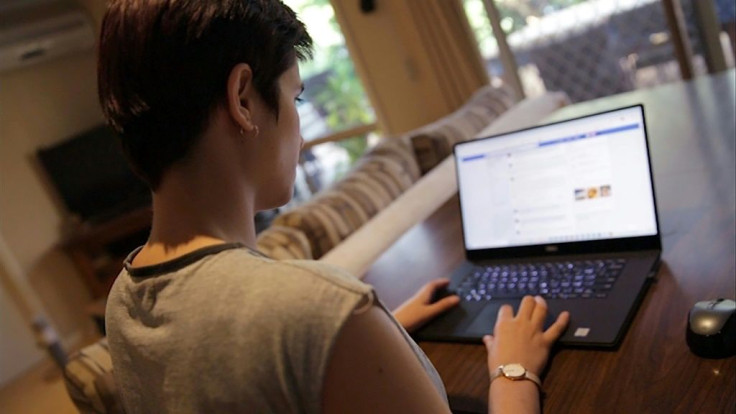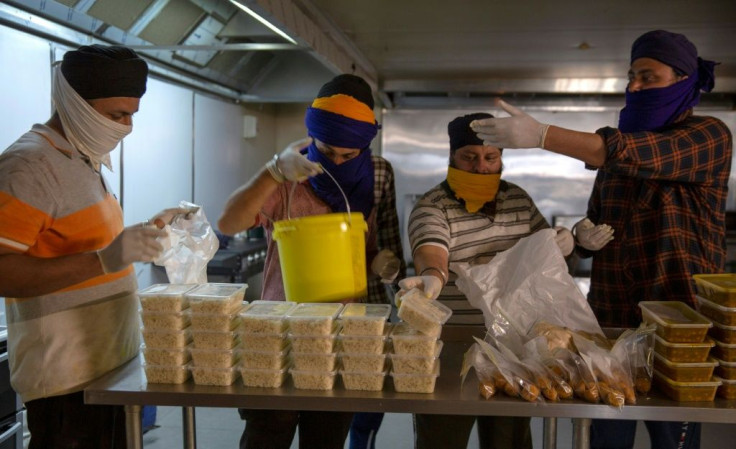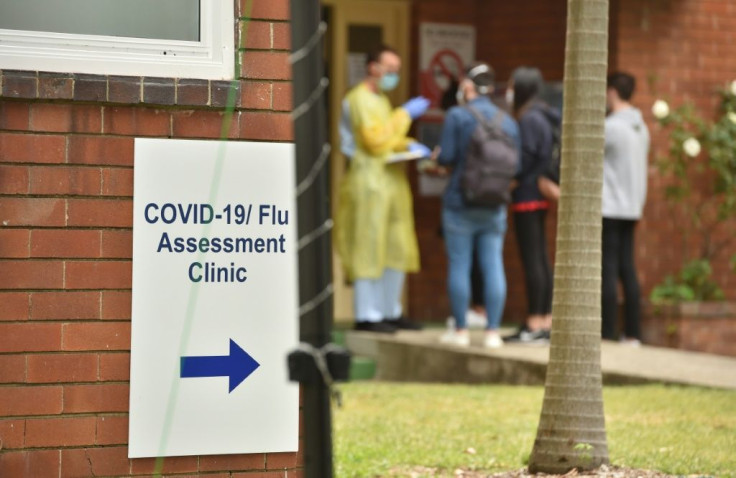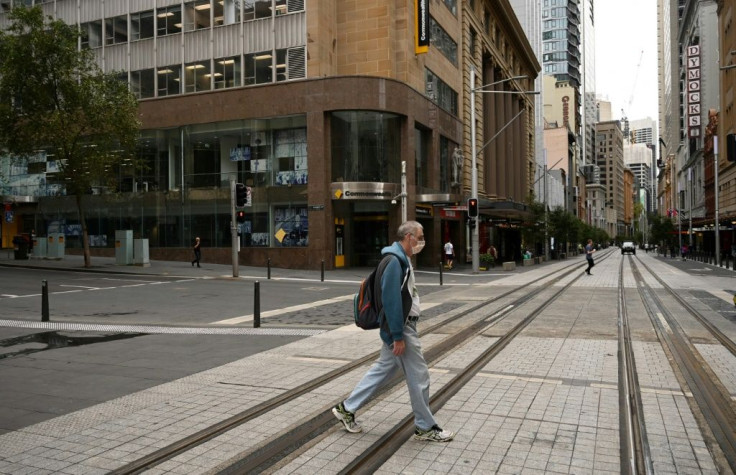Australians Rally On Social Media To Help Virus Healthcare Workers

While social media has been widely blamed for spreading dangerous coronavirus misinformation, tens of thousands of Australians are using their networks to support the healthcare workers risking their lives on the front lines of the pandemic.
When Chris Nicholas launched the Facebook group Adopta Healthcare Worker in Perth on March 14, he expected a handful of "mates and friends of friends" might join.
"I had a friend who is a nurse, and she had been struggling to get shopping done around her shifts, so I offered to help her, and then I thought of extending the idea," Nicholas told AFP.
Within days, the initiative "exploded", spreading across the country and internationally and now boasts over 140,000 members in Australia alone.
The goal is to match volunteer helpers with "adoptee" healthcare workers struggling with increased work hours and the stress of fighting an unprecedented medical emergency that saw cases top one million worldwide on Thursday.
Hannah Koch, an administrator for the Victorian branch of the site, understands the pressure doctors have been under since the outbreak took hold. Her brother works in a hospital and her mother is a GP.

"We can't help them do their jobs because we are not skilled, but we can do the grocery shopping for them and I can offer to babysit my brother's kid when he has to pick up an extra shift," she told AFP.
"There's fear but there's also support, and that's all they can ask for -- and stay home," she added with a laugh. "Please, please, please stay home."
The help on offer includes mowing lawns, household chores, delivering home-cooked meals and lifts to work for nurses so they don't have to take public transport.

Cards and children's drawings saying thank you to "healthcare heroes" have also been collected through the site for display on the windows and entrances of COVID-19 wards, where deliveries of other gifts can not be received.
"I want to say a huge thank you for the many beautiful messages and offers of assistance I received," wrote adoptee Linda Yate.
"Offers to shop for me, cook and drop off meals, and offers of the chance to touch base with someone to just have a friendly chat and many, many more... The generosity of everyone is so humbling."

Dozens of other outreach groups have formed in recent weeks via Facebook, WhatsApp, and Chinese social media app Weibo to support the sick, needy and those in isolation.
On one such Facebook group -- Northside Melbourne Coronavirus Outreach -- people offered food, groceries, homemade soaps, sanitary items and thermometers.
Others offered to run errands, provide free IT support to those trying to adjust to working from home or give online fitness and relaxation classes.
"The love pouring out of this page is everything right in our world," wrote one recipient.
Sikh temples across Melbourne have also become a centre of support for both medical workers and those self-isolating.
"We are trying to help all people who are in isolation or anyone who's having difficulty getting groceries... especially the health workers," said Manjit Singh.
"Some of them are coming home after 12-hour shifts, and all they want to do is sleep and they haven't got time to cook. So we're trying to provide food for them so we can try and look after them while they look after us."
At the Gurdwara Sahib in Plumpton -- a Sikh place of gathering and worship on the outskirts of Melbourne -- Singh and a small group of volunteers packed home-cooked food and other goods to fill orders across the city.
Increasing restrictions on large gatherings have required constant adjustments to how they operate, with much of the food now being prepared at home and packed at the centre by volunteer delivery drivers.
Singh said ensuring "no person will go hungry and no person will go naked" is part of the Sikh philosophy.
© Copyright AFP 2024. All rights reserved.




















